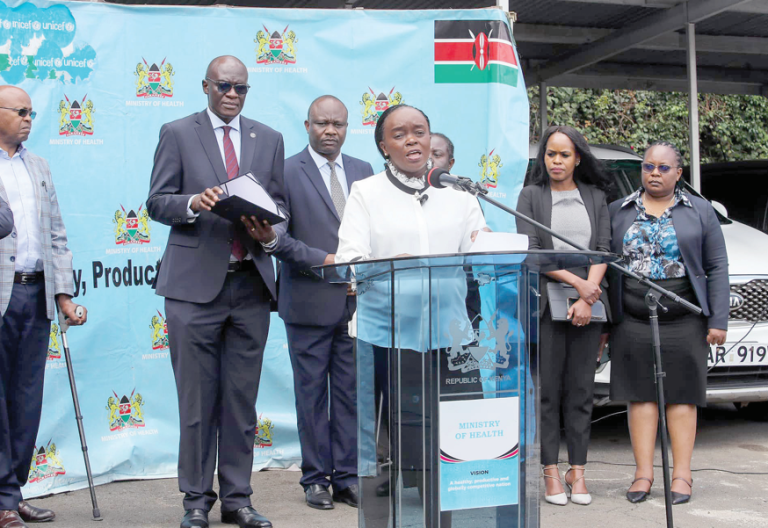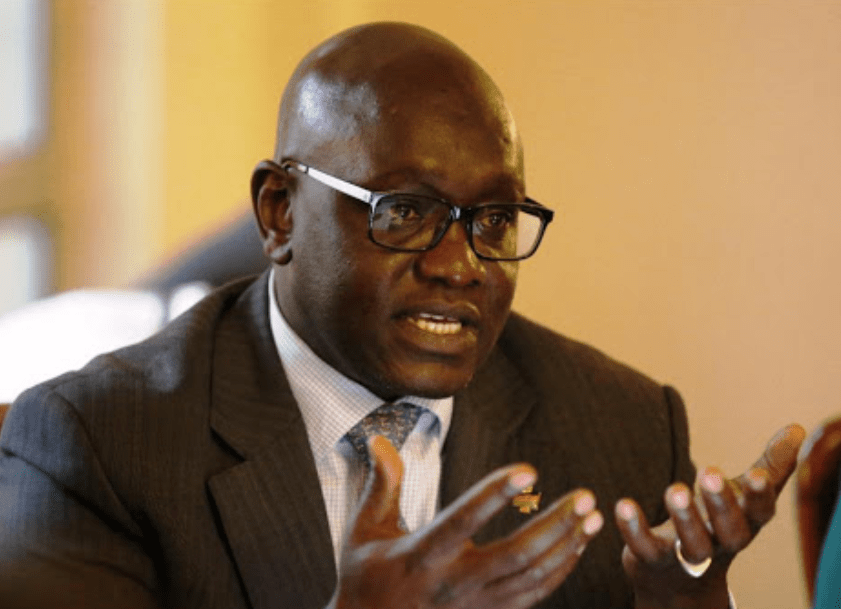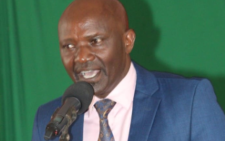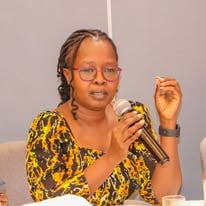Kenya adopts single dose HPV vaccine

Kenya has officially adopted a single dose of Human papillomavirus (HPV) vaccine as it heightens the fight against cervical cancer.
Health Cabinet Secretary Deborah Barasa urged parents and caregivers to ensure girls aged between 10 and 15 years receive the cancer-preventive vaccine.
According to the GLOBOCAN 2022 report, Kenya registers nearly 45,000 new cancer cases annually, with cervical cancer remaining a significant concern.
Each year, according to this report, 5,845 women are diagnosed with cervical cancer, and 3,591 succumb to the disease. GLOBOCAN is an online database providing global cancer statistics and estimates of incidence and mortality in 185 countries for 36 types of cancer, and for all cancer sites combined.
“This devastating loss of lives underscores the urgency of accelerating preventive measures, raising awareness, and strengthening early detection and treatment,” Dr Barasa said during the ministry’s weekly media briefing yesterday.
As a result, the CS added that the Ministry of Health, through the National Immunisation and Vaccine Programme (NIVP) and the National Cancer Control Program (NCCP), has taken significant steps toward improving access to HPV vaccination.
“Prevention remains one of the most powerful tools in combating cervical cancer,” said Dr. Barasa, where she also revealed that so far about 19 million Kenyans have registered for the Social Health Authority (SHA) scheme.
She announced that the country has transitioned to a single-dose HPV vaccination, which offers effective protection against cervical cancer.
“We urge parents and caregivers to ensure eligible girls aged 10 to 15 years receive this life-saving vaccine,” she added.
However, the CS noted that while the country has made progress, challenges remain, including misinformation, stigma, and access to healthcare services. “By working together – government, healthcare providers, partners, and media – we can overcome these barriers,” she said.
The fight against cervical cancer requires a united front, Dr Barasa stated, pointing out that with informed advocacy and collaboration, the burden of cancer in the country’s cervical cancer cases can be reduced significantly, and save lives.
A few years ago the power of science and the persistence of researchers, demonstrated that the country can have a safe and effective vaccine that can prevent infections by the HPV, which causes 99 percent of cervical cancer cases.
Although the HPV vaccine was introduced in 2006, only 21 percent of girls had received a dose as of 2022—far below the World Health Organisation’s (WHO) goal of reaching 90 per cent of 15-year-old girls by 2030.
One reason for the low uptake is that the initial recommendation was two or three doses of the HPV vaccine—a burdensome expectation for anyone and especially for people in communities with limited access to healthcare.
“Now, thanks to several recent studies supported by our foundation, we know that just one dose of the HPV vaccine provides powerful protection against the virus and cervical cancer—the fourth most common cancer among women,” the CS said.









